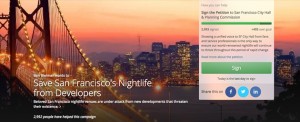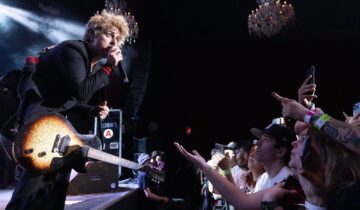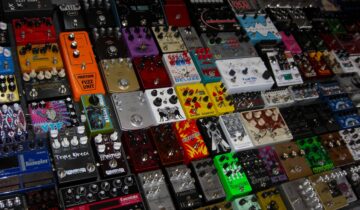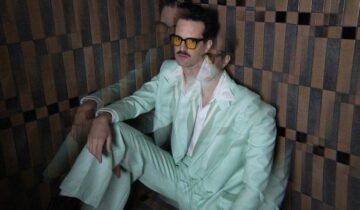 For SF WEEKLY: The notion of San Francisco as a vibrant, supportive hub for live music has been challenged in recent years, as several live music venues have closed or faced uncertain futures due to new ownership.
For SF WEEKLY: The notion of San Francisco as a vibrant, supportive hub for live music has been challenged in recent years, as several live music venues have closed or faced uncertain futures due to new ownership.
Cafe Cocomo in Dogpatch, Cafe Du Nord in Upper Market, The Lexington in the Mission, Red Devil Lounge and The Sound Factory are some that have closed, changed hands, or are set to close. Others, like the Elbo Room, seem fated to close within the next year or two.
In response, San Francisco Supervisor London Breed proposed legislation in December aimed at preventing long-standing music venues from closing in two key ways: by improving relationships between venues and neighbors and working more closely with developers who are building new residential properties close to music venues.
Members of San Francisco’s Entertainment Commission, who helped develop the legislation with Supervisor Breed and Supervisor Scott Wiener, discussed the new policy ideas Tuesday evening at City Hall. The subject is on the agenda again this Thursday, March 19, at noon during a Planning Commission meeting in room 400 at City Hall. The meeting is open to public.
“Me and some other people here were in sheer panic about what was in the pipeline,” said Jocelyn Kane, executive director of the Entertainment Commission. “There is a need not to help just one or two venues, but wanting to be able to have something more widespread. We’ve worked for months and months on this, and crafted something we think is smart.”
Nearly 3,000 people have already signed a petition created by Ben Bleiman titled “Save San Francisco’s Nightlife From Developers” in support of Breed’s proposed legislation. “I don’t want SF’s rapid, frenzied development to destroy our world-renowned nightlife,” Bleiman writes in the petition.
The legislation essentially helps prevent venues from being shut down if they are operating within their permits, requires developers to work with venues before they begin construction, and ensures that all potential tenants of a new development know about the local venues before they move in. It also, according to Kane, asks developers to include sound attenuation particulars in their development plans for new housing.
“We don’t want to stop housing production and development because we absolutely need it, but mixed-use neighborhoods need a lot more outreach,” Kane said. “All we are really talking about is noise and sound issues. We can help mitigate this by being smarter about new development.”
A 2012 economic impact study from the city’s Office of Economic Analysis found that San Francisco’s Nightlife Industries generated roughly $4.2 billion in 2010. The local industry (at the time of the survey) included 3,200 businesses that employed 48,000 workers who serve roughly 80 million spending customers annually.
Image: screen grab from the Save San Francisco’s Nightlife From Developers online campaign




[…] from City Hall, as well as continued support from the city’s Entertainment Commission who won this hard fought victory to protect venues against cranky new neighbors in luxury condos. But as we all […]